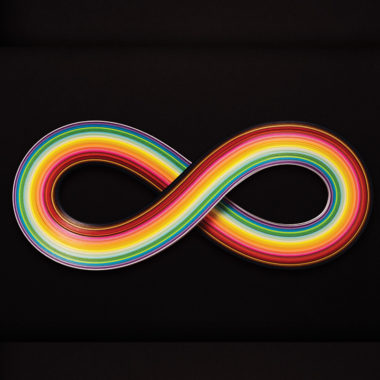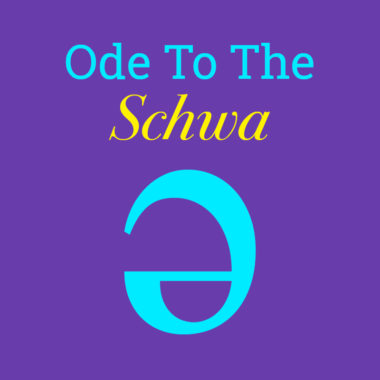Stationary vs. Stationery
Stationary and stationery are just one letter off, but that seemingly small difference changes the meaning of these words entirely. These two terms share the Latin root statiōnārius, which derives from the word station meaning “a standing place.” What does stationary mean? Stationary with an a is the older of these two terms, and it means “fixed in one place and not moving,” like a …











